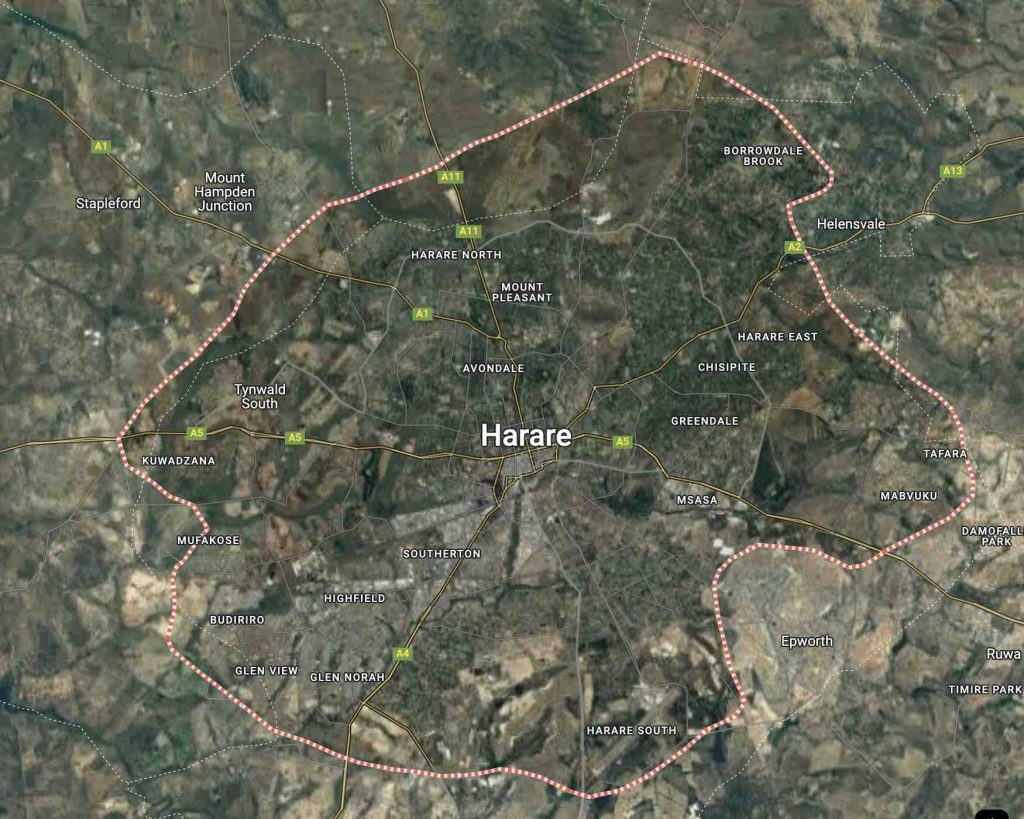Cholera outbreak in Harare

The health services director of Harare City Council, Prosper Chonzi, this week confirmed a cholera outbreak in the capital, with seven confirmed cases among a total of 21 reported cases.
Cholera is an extremely virulent disease that can cause severe acute watery diarrhea. It takes between 12 hours and 5 days for a person to show symptoms after ingesting contaminated food or water (2). Cholera affects both children and adults and can kill within hours if untreated.
“Budiriro has four confirmed cases, Glen View 3 has two, and one from Mt Pleasant Heights. What this means is that we should take this outbreak seriously because it has the potential to spread like a veld fire. We need to be on high alert,” said Chonzi.
This came as health experts warned that the cholera outbreak may end up developing into an uncontrollable epidemic if there is no decisive response to it.
The first cholera case was reported on February 12 this year in Chegutu, Mashonaland West province, but the waterborne disease has since spread to nine of the country’s 10 provinces.
While no case has been detected in Matabeleland North, neighbouring Matabeleland South is emerging as a hotspot.
Speaking to one of the publications which is NewsDay Zimbabwe, Community Working Group on Health executive director Itai Rusike said the continued presence of cholera is a cause for concern.
“The people of Zimbabwe should be worried by the continued presence of cholera in the country given that the health system has been weakened by the lack of sustainable domestic health financing, hyperinflation, and outflow of health workers. Cholera remains a major public health problem as the disease continues to affect all the country’s 10 provinces where access to clean and safe water and sanitation remain a serious challenge,” said Rusike.
Cholera mostly affects poor communities with low socio-economic status, with the most vulnerable being those residing in overcrowded areas with limited safe water and sanitation services.
Another health expert, Tinashe Mundawarara said government needs to quickly close the tap of new infections to avoid a catastrophe.
“For observers, it now seems as if cholera is a neglected disease that continues to haunt our communities annually in Zimbabwe. We need to put our heads together and confront the disease once and for all. Surely in this 21st century, we can’t be seen to have cholera as an endemic disease in this country. Lives are being unnecessarily lost and it can’t be business as usual. More needs to be done,” said Mundawarara.
As of Monday, five new suspected cholera cases were recorded, but there were no casualties.
“The suspected cases were reported in Harare’s Budiriro (3), Buhera district (1), and Mutare (1). As of today (Monday), Zimbabwe has recorded 598 suspected cholera cases, 127 confirmed cases, 562 recoveries, four confirmed deaths, and 14 suspected deaths,” the situation report read.
The 2008 outbreak was the deadliest, claiming 4 287 lives while affecting close to 100 000 people.
Cholera is an acute diarrhoeal infection caused by ingestion of food or water contaminated with the bacterium Vibrio cholerae. Cholera remains a global threat to public health and an indicator of inequity and lack of social development.





